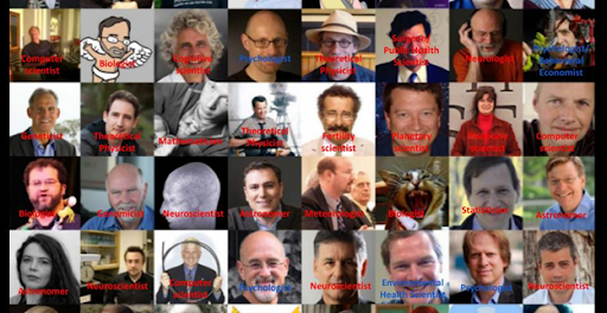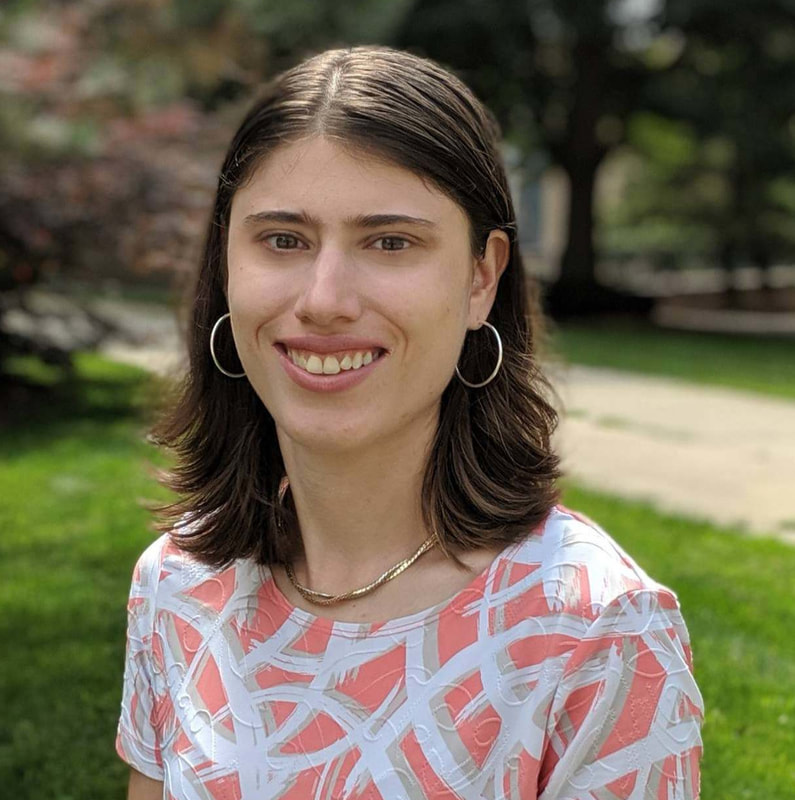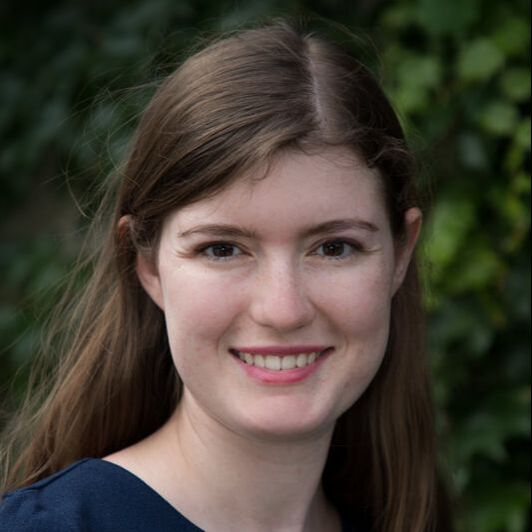10/22/2020
By Vanya Bisht
A few mornings ago when I woke up in my bed, a shocking realization hit me: It is October already! Where did 2020 go? As I started scrolling through my social media timelines trying to gather the fragments that I might remember 2020 by, it became clear that 2020 is a year that I would want to both forget completely yet remember vividly for the major ways it has influenced my life.
I started 2020 with a new-found interest in science communication. My dissertation research at Arizona State University involved bringing together different ideas and perspectives to solve complex policy problems, and I saw science communication as a potential way to increase cross-disciplinary collaborations. As I explored the world of science communication, what I found instead was that it was heavily dominated by a singular perspective: that coming from the natural sciences.
Most science education, science journalism and citizen science activities that I came across were communicating insights from one of the sub-fields of the natural sciences – telling me why I should be curious about anything from the stars and galaxies, rocks and birds, or what is happening inside my body.
I am doing my PhD in a very interdisciplinary school at ASU as I was curious about how humans can work together to improve the conditions of our natural environment. I chose an interdisciplinary school because I was convinced that no single discipline alone could answer this question. During the last three years of my graduate studies, I have explored the disciplines of political ecology, political science, sustainability, science policy, and science and technology studies, which have together taken me closer to the answer. And yet when I decided to integrate the practice of science communication with my research work, I was struggling to find a place where I could fit in.

Take for example the AAAS Science magazine’s list of top 50 Science Stars of Twitter released in 2014. Among these top scientists, most popular for their science communication efforts on Twitter, we see many physicists, biologists, and computer scientists, but hardly anyone from the social sciences. Even though the Science magazine updated this list just a month later amid concerns for inclusivity in science, the updated list went only so far to include a few economists – a discipline that is considered to be the most ‘scientific’ among the social sciences, but does little to provide a meaningful understanding of the power structures and injustices in our society.
A search for the most popular science channels on Youtube or the most visited science education websites gives very similar results. Where are the voices of the historians, the sociologists, or the political scientists in science communication? Are people not curious about these subjects or is it that these disciplines do not do a good job of teaching their students how to communicate their research or the concepts from their disciplines? And if there are popular science educators in the social sciences, why are they not recognized in the science communication space?
If we want to solve the most challenging problems of our times – like climate change, social inequality, racial violence, and the global pandemic – it requires a transformation not only in our natural systems but also in our social systems. If we are not educated about the injustices and power imbalances in our social systems, we will continue to perpetuate the same processes that caused the problem in the first place, instead of transforming them.
The events of the year 2020 have provided some important points of the reflection for the science communication community. When the world was just beginning to grapple with the considerable threat that COVID-19 posed to the society, science communicators did a phenomenal job of educating us about the seriousness of the virus and the little things we can do to prevent its spread. This action reminded us just how valuable science communicators are to the society. Similarly, when the United States was scarred with incidents of racial violence with the brutal murders of George Floyd, Jacob Blake, and many other Black activists, science communicators responded with discussions about diversity and inclusion in science, highlighted by the recent celebration of the Blackinscicomm week.
Nevertheless, what is still missing in these efforts is an education of the histories of structural violence and power disparities in our social systems that are the root causes of these problems. Science does not exist in isolation from society. Just the discovery of a COVID vaccine alone would not heal us from the trauma caused by the pandemic. Societies will have to face difficult questions like: who will get access to the vaccine first? What will be the cost of this vaccine? How will we respond to individuals who might be reluctant to take the vaccine on scientific, religious or ethical grounds? How will our prejudices of race, religion, class and gender affect the answer to these questions?
As science communicators, I think it is important for us to start reflecting on these questions. But more importantly, we must start taking action by shifting our attention to communicating the social sciences, where we might find a starting place to answer some of these questions. The costs of not taking such actions are too big to ignore. Many universities have experienced a decrease in revenue due to the transition to online teaching during the pandemic. To cope with it they have to recourse to budget cuts and faculty firings, and it is generally the humanities and social science departments that have to face the brunt of these administrative decisions. As a society, we cannot afford to lose the precious knowledge that comes out of these departments. The least we can do as science communicators is to empower their knowledge and insights.
Author’s Note: I would like to thank NPR Scicommers (@joesbigidea) for helping me with the initial drafts of this piece.



Leave a Reply